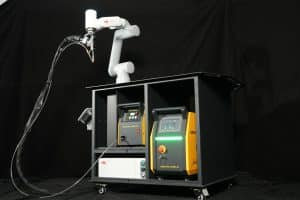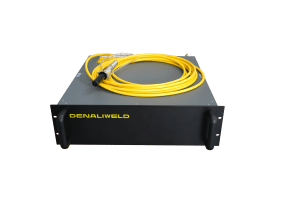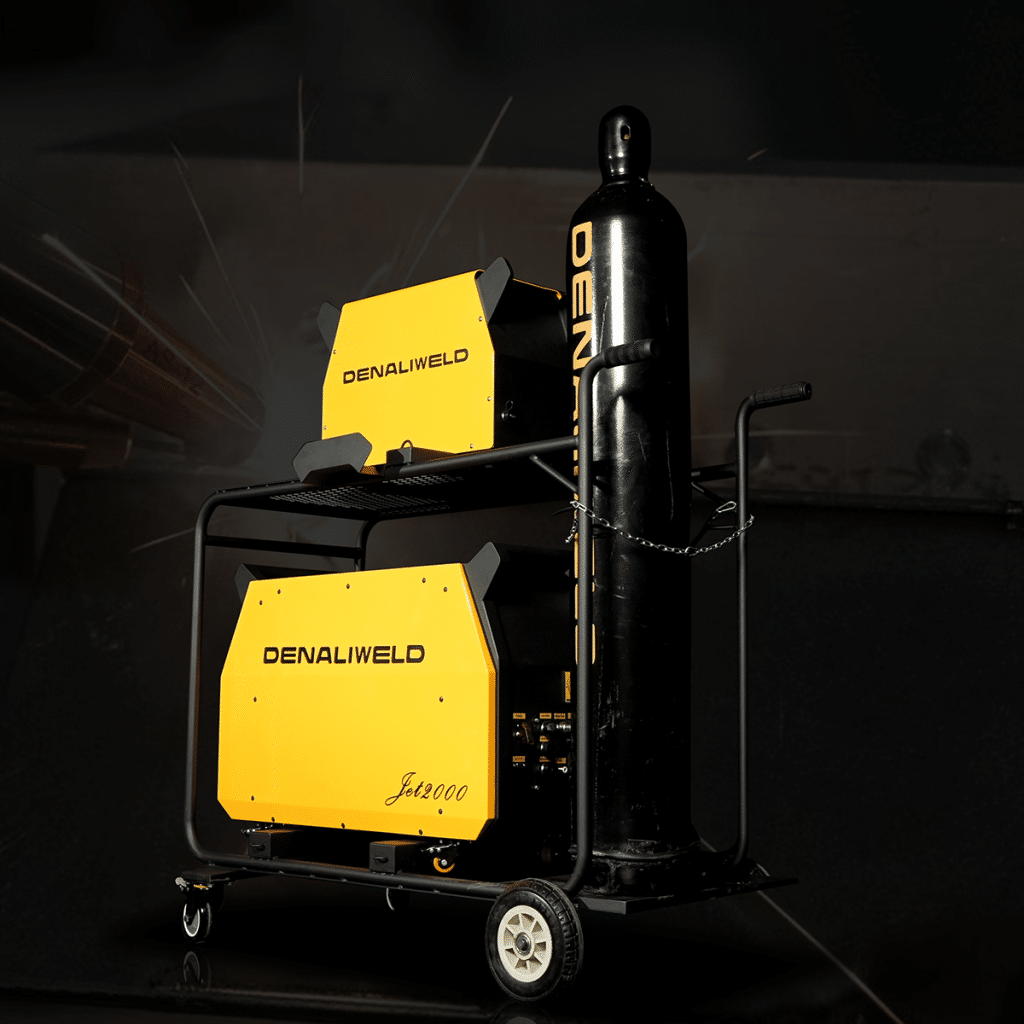Stainless steel is a popular material used in a variety of industries, from construction and engineering to food and medical equipment. It is known for its excellent corrosion resistance, durability and strength, making it a highly sought-after material for welding applications. One of the most effective welding methods for stainless steel is laser welding. But, can stainless steel be laser welded? In this article, we will delve into the world of stainless steel welding, exploring stainless steel grades, welding considerations, the role of shielding gas in stainless steel welding, and other aspects of stainless steel laser welding.
Can stainless steel be laser welded?
The answer is a resounding, yes! Laser welding is an excellent technique for welding stainless steel. However, not all grades of stainless steel can be laser welded. It is critical to consider the grade of stainless steel before choosing a laser welding method. There are several grades of stainless steel, including austenitic, ferritic, martensitic and duplex stainless steels.
Grades of Stainless Steel
Austenitic stainless steels:Austenitic stainless steel is the most common grade of stainless steel used in laser welding applications. This grade of stainless steel is composed of high levels of nickel and chromium and has good corrosion resistance.
The use of laser welding reduces the width of the heat affected zone, thereby reducing areas that may be susceptible to future pitting and corrosion.
Another benefit of laser welding these grades of stainless steel compared to conventional welding techniques is the reduction of thermal distortion and residual stresses. This is especially important for stainless steels with a thermal expansion 50% higher than that of ordinary carbon steel
Ferritic stainless steels:Ferritic stainless steels have low ductility and are prone to cracking, making them less suitable for laser welding.
Martensitic stainless steels:Martensitic stainless steels (> 0.15% carbon) are hard and brittle, and if martensitic stainless steels containing more than 0.1% carbon must be welded, the use of austenitic stainless steel filler material can improve weld toughness and reduce crack sensitivity, but not reduce the brittleness of the heat affected zone. Consider preheating the material before welding or tempering the material at 650-750°C after laser welding to reduce the brittleness of the heat-affected zone.
Duplex stainless steel:Duplex stainless steels are a combination of austenitic and ferritic stainless steels that can be laser welded, but require careful consideration due to their complex microstructure.
Welding Considerations
There are several welding considerations prior to laser welding stainless steels. One of the most important factors to consider is the thickness of the material. Laser welding is an ideal technique for thin materials because it produces a narrow heat affected zone, reducing the risk of distortion and twisting. However, for thicker materials, laser welding may not be suitable because it can lead to excessive heat build-up, resulting in distortion and warpage.
The Role of Shielding Gas in Stainless Steel Welding
Shielding gas is an essential factor in stainless steel welding, and it is no different when it comes to laser welding. The most commonly used shielding gas for laser welding stainless steel is argon. It offers excellent protection against oxidation and contamination from the air. Helium can also be used in combination with argon to increase penetration depth and weld speed..
Other Aspects of Laser Welding Stainless Steel
Laser welding offers several advantages over traditional welding methods, such as reduced heat input, improved precision, and lower distortion. It is also a faster and more efficient method of welding, making it an attractive option for industrial applications. Furthermore, laser welding can be performed in a variety of positions, including flat, horizontal, vertical, and overhead.
In conclusion, stainless steel can be laser welded, but it is vital to consider the grade of stainless steel, the thickness of the material, and the use of the appropriate shielding gas. Austenitic stainless steel is the most commonly used grade for laser welding, and argon is the most commonly used shielding gas. Laser welding offers several advantages over traditional welding methods and is an attractive option for industrial applications. As laser welding technology continues to improve, it is likely to become an increasingly popular method for joining stainless steel in various industries.
If you are interested in using laser equipment for stainless steel applications, please feel free to contact us at [email protected]. There is a great deal of expertise and experience available to assist you.





